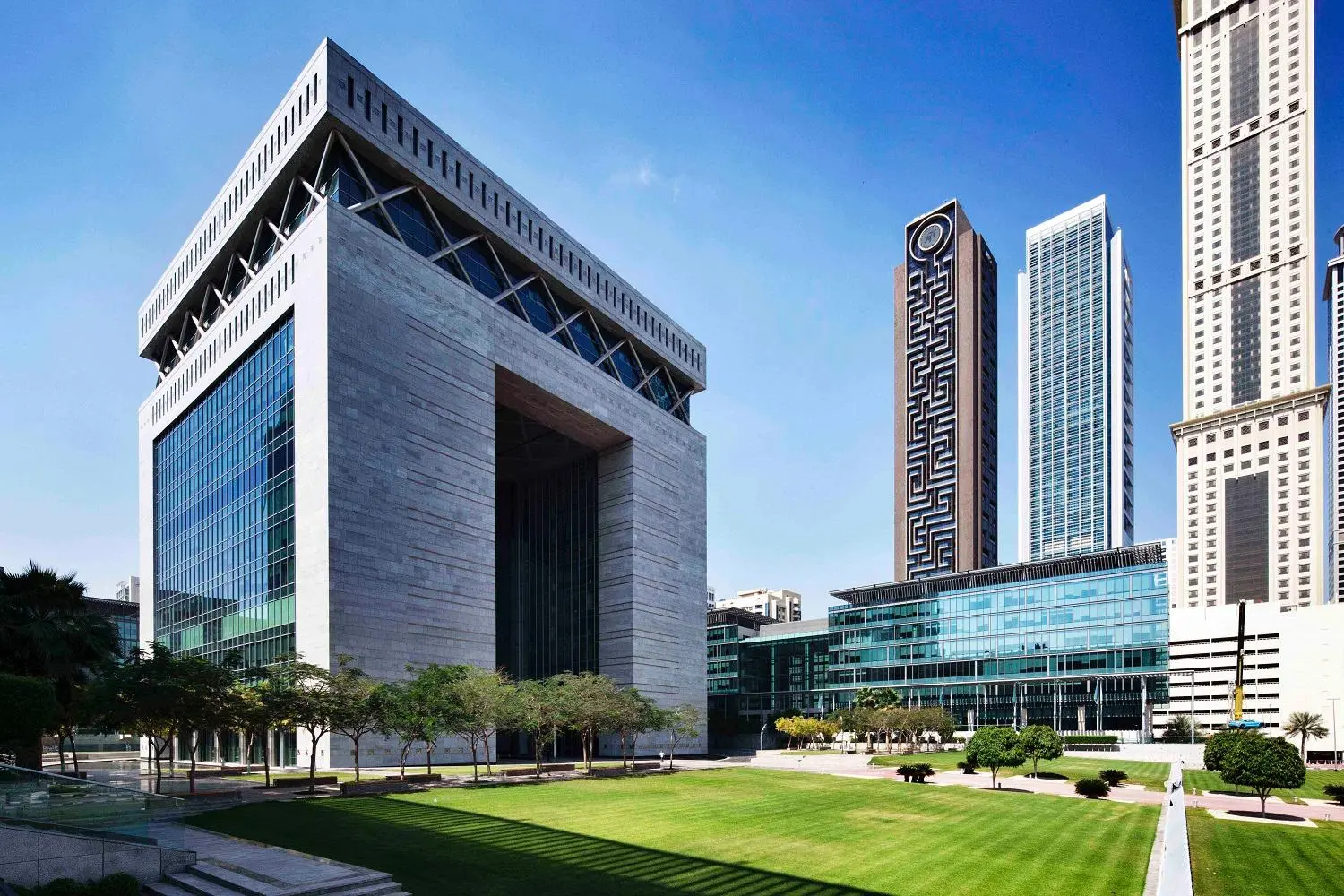PHOTO
(Dubai Investments requested that a figure of $100 million in the headline, first paragraph and in the quote in the fourth paragraph referring to its Nasdaq listing be changed to $200 million. Further ownership details were added to fifth paragraph).
The new Islamic bank being set up by a group of investors led by Dubai Investments could raise up to $200 million within the first 12 months after its listing on Nasdaq Dubai, according to a senior official involved in the deal.
Dubai Investments announced yesterday in a press statement issued on Tuesday afternoon it was going to set up the new Islamic bank with a consortium of investors.
The statement said that the entity, known as Arkan Bank, would be the first home-grown, wholesale Islamic Bank operating from Dubai International Financal Centre. It said the bank would have an initial paid-up capital of $100 million, and authorised share capital of $500 million.
In an emailed response to questions from Zawya, Khalid Bin Kalban, the managing director and CEO of Dubai Investments, said: "Arkan Bank will be launched with an initial paid-up capital of $100 million. Another $200 million will be raised after 12 months of its establishment through listing on Nasdaq and capital increase, subject to fulfilment of listing guidelines and regulatory approvals."
Bin Kalban said Dubai Investments will initially hold a 25 percent stake in the bank. It is the single biggest shareholder in the bank, with the remaining investment coming from UAE individuals and institutions via a private placement, which is currently being closed. Bin Kalban said Dubai Investments would aim to retain a stake of that size. "This could even increase, subject to various factors," he said in the emailed statement.
In the press release issued announcing the bank's launch, Dubai Investments said Arkan Bank would offer "a fully integrated range of Sharia-compliant banking services", with its core business lines being corporate banking, asset management and awqaf, investment banking and treasury.
Bin Kalban was quoted in the statement as saying that the bank would "initially focus on the GCC region and subsequently build scale and reach across its business lines, products and geographies to become the top-tier Islamic wholesale bank in the region".
Dubai Investments owns stakes in a diverse range of assets from real estate to manufacturing firms and even its own conventional investment bank, Al Mal Capital. The group reported an 18 percent drop in profit attributable to its owner of just over 1 billion UAE dirhams ($272 million) for 2017 as total income fell by 9 percent to 2.78 billion dirhams.
The company's biggest single shareholder, with a stake of 11.45 percent, is the Investment Corporation of Dubai, the sovereign fund that owns stakes in a variety of companies including airlines Emirates and FlyDubai and banks such as Noor Bank, Dubai Islamic Bank and Emirates NBD.
In a briefing with journalists in Dubai last week, ratings agency Moody's said that the Islamic finance sector is likely to have a flat year in 2018, following a decade of strong growth, but is expected to continue to outpace conventional finance in the coming years as a result of various government mandates to grow the industry and increased demand from both North and sub-Saharan African countries.
"We expect stability in 2018 but our outlook for longer term prospects is strong for the industry," said senior analyst Nitish Bhojnagarwala.
Moody's said that Islamic banking assets had grown in the Gulf Cooperation Council to approximately 45 percent of total banking assets in 2017 - up from 31 percent in 2008.
(Reporting by Michael Fahy; Editing by Shane McGinley).
Our Standards: The Thomson Reuters Trust Principles
Disclaimer: This article is provided for informational purposes only. The content does not provide tax, legal or investment advice or opinion regarding the suitability, value or profitability of any particular security, portfolio or investment strategy. Read our full disclaimer policy here.
© ZAWYA 2018





















